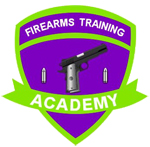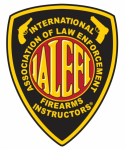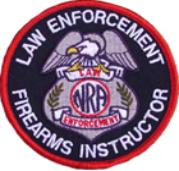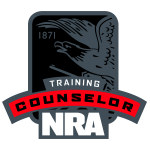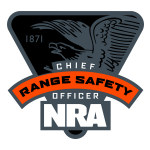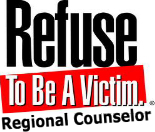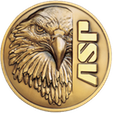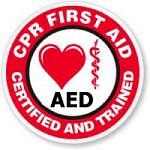Airline Transportation of Firearms
To answer questions new airline security procedures have raised for NRA members transporting firearms in their checked baggage, NRA-ILA staff contacted the Office of Security Regulation and Policy at the Transportation Security Administration (TSA).
 You can transport a firearm in your checked baggage subject to state and local restrictions, but you should first check with your airline or travel agent to see if firearms are permitted in checked baggage on the airline you are flying. Ask about limitations or fees that may apply at this time. NRA-ILA is working toward achieving uniformity and fairness in the rules and regulations that law-abiding gun owners face in their travels.
You can transport a firearm in your checked baggage subject to state and local restrictions, but you should first check with your airline or travel agent to see if firearms are permitted in checked baggage on the airline you are flying. Ask about limitations or fees that may apply at this time. NRA-ILA is working toward achieving uniformity and fairness in the rules and regulations that law-abiding gun owners face in their travels.
While surely few NRA members could forget this, the Transportation Security Administration (TSA) wants to remind all travelers that attempting to bring firearms onto a plane in carry-on luggage is a serious federal violation. This is a "strict liability" offense, and TSA says violators can be, and have been, convicted regardless of criminal intent, or even if they simply forgot they possessed a firearm. TSA is obliged to enforce all the existing laws within its jurisdiction and will do so vigorously.
Firearms carried as checked baggagemust be unloaded, packed in a locked hard-sided container and declared to the airline at check-in. Only the passenger may have the key or combination. Small arms ammunition must be placed in an appropriate container: "securely packed in fiber, wood, or metal boxes, or other packaging specifically designed to carry small amounts of ammunition. " Under TSA regulations, ammunition may be packed in the same locked container as the unloaded firearm, but airline rules may differ.
Some airlines, as private businesses, have imposed additional restrictions or requirements, such as limiting the number of guns that can be transported in a single case, or providing different standards under which gun cases may or may not be exempt from excess baggage limitations. Especially for international flights, many airlines follow industry guidelines that limit ammunition to 11 lbs. per passenger. Again, NRA-ILA is working to secure fair and uniform rules.
Following Congress's mandate that all checked baggage must be screened for explosives, many travelers have become concerned by announcements that passengers should leave bags unlocked to allow hand inspection. This suggestion, the TSA made clear, does not apply to baggage containing firearms.All gun containers must still be locked after they are declared at the ticket counter.
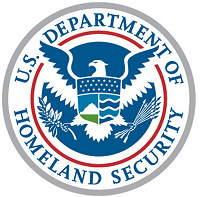 Checked bags-including those containing firearms-will then be screened for explosives by various means. Depending on the airport, methods may include high-tech "sniffers" that analyze chemical vapors, X-ray machines, trained bomb detection dogs or a combination of these systems. Not all of these methods can differentiate explosives from the gunpowder residues on a fired gun or in loaded ammunition.
Checked bags-including those containing firearms-will then be screened for explosives by various means. Depending on the airport, methods may include high-tech "sniffers" that analyze chemical vapors, X-ray machines, trained bomb detection dogs or a combination of these systems. Not all of these methods can differentiate explosives from the gunpowder residues on a fired gun or in loaded ammunition.
If the screening detects explosive materials other than those associated with ammunition, or if screeners can't determine the exact nature of the alarm, and if all means available (such as X-rays) cannot rule out the possible presence of explosives, TSA screeners, working with airline representatives, will make every effort to contact the passenger so that the passenger can supply the key or combination to open the case, eliminating the need to break locks.
Cases will not be labeled as containing firearms. That practice was outlawed almost 10 years ago. Federal law now states: "No common or contract carrier shall require or cause any label, tag, or other written notice to be placed on the outside of any package, luggage, or other container that such package, luggage, or other container contains a firearm." [18 USC Sec. 922(e)] TSA will warn any airline that is marking cases that it is in violation of the law.
As always, since some airline counter clerks may have little training or experience in these procedures, gun owners should contact the airline in advance, obtain a written copy of the airline policy from a reservation clerk or the airline's website, and bring it to the airport in order to answer any questions that arise at check-in. For further information, see: http://www.tsa.gov/travelers/airtravel/assistant/editorial_1666.shtm
Below are links to information from specific airlines.
Alaska Air
American Airlines
Continental Airlines
Delta Airlines
Frontier Airlines
Southwest Airlines
United Airlines
U.S. Airways
